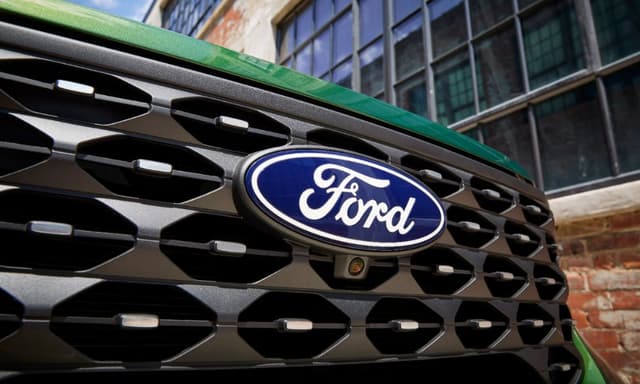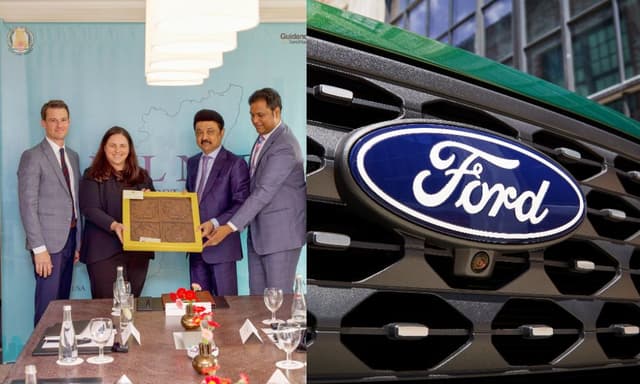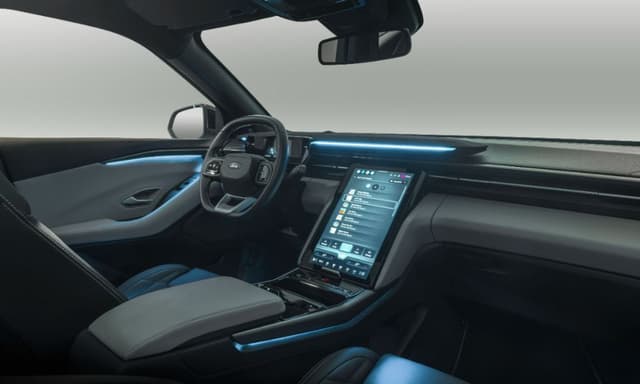Report: Google to Partner With Ford to Make Self-Driving Cars

Highlights
Google has been making steady progress in its development of a self-driving car for some time now. Testing of its bubble shaped autonomous vehicle began on public roads around Mountain View in June this year. Ever since the project's inception in 2009, the concept cars have racked up over 1.6 million kms of testing on public roads around Austin, Texas and San Francisco. Automotive News has reported that the internet giant is now in talks with Ford Motor Company to help in further development and manufacture of its self-driving mobility project. The manufacturing contract is expected to be confirmed at the International Consumer Electronics Show which is held in Las Vegas in the 1st week of January.
Also Read: Google Self-Driving Car Pulled Over for Being Too Slow
Although Google has refused to comment on the progression of its joint venture with Ford, earlier this year, a company official confirmed that the company was in fact in talks with top carmakers to assemble a team of suppliers to ensure that self-driving cars would be available in markets by 2020. According to Bloomberg, Google's parent company Alphabet has been reported to be developing a stand-alone autonomous taxi service to rival private taxi service Uber's self-driving shared mobility project that is also in the pipeline. If confirmed, the partnership between the auto and internet giants will be hugely beneficial to both companies; Google bringing its enormous reserve of research, technology and data to the table and Ford, its manufacturing prowess.
Ford itself has been making some headway in the field of autonomous mobility after falling behind the competition in recent times. The American carmaker is aiming at increasing the implementation of autonomous braking, steering and throttle input as well as pedestrian and road hazard detection systems on its fleet steadily over the next few years.
Also Read: Top 5 Technologies in Cars in 2015
Autonomous vehicle technology has come a long way to reach where it stands today. Multiple big name manufacturers have invested huge amounts of time, effort and money into developing and testing systems that can act independently of driver input. Such technology has greatly improved the effectiveness of crash prevention systems as more and more cars are now capable of providing autonomous braking and steering inputs in case of loss in concentration of the driver and to avoid road hazards like potholes. Additionally, an increasing number of premium vehicles now come equipped with self-driving systems for slow moving traffic jams and highway trips.
Last Updated on December 23, 2015
Related Articles
Latest News
- Home
- News
- Auto Industry
- Report: Google to Partner With Ford to Make Self-Driving Cars














